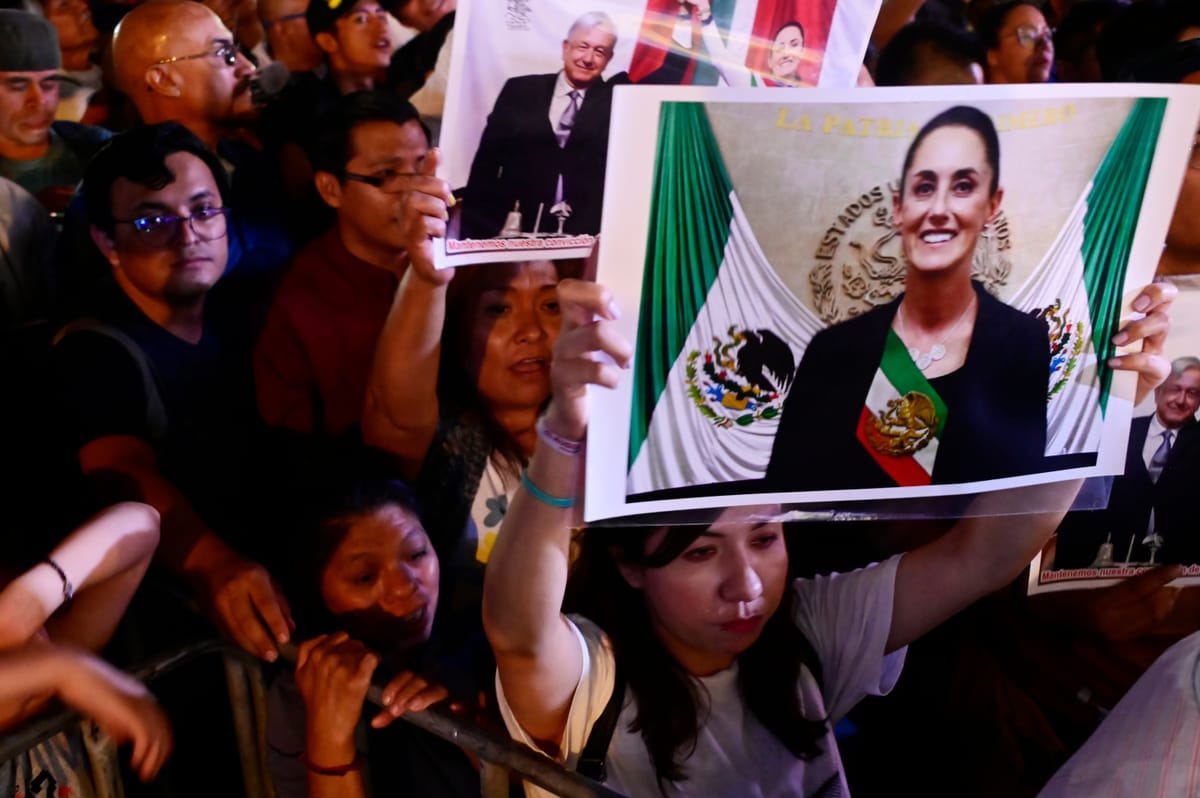Turbulent times as Nigel Farage of the Reform Party enters the UK election race, standing in Clacton-on-Sea, an impoverished sea-side town (with excellent fish and chips) I visited a couple of years ago.
Clacton, like many, many places outside of the big cities is filled with vape emporia, cheap takeaways, charity shops, depressing chain stores, and a desolate sense that things were once quite a bit better. The financialization of everything and the abandonment of the people of the UK to unemployment, the gig economy, and despair is noticeable on every trip outside the capital (and parts of London are hardly any better). The joke of “trickle-down” and years of austerity have left town centers boarded up and a population furious at being ignored by millionaires in Westminster.
It’s a wise move on Farage’s part to stand: but will he get a seat there? The two-party system is hard to dismantle, conceptually and in reality. But as with Brexit, pollsters and journalists often forget the element of popular subversion: no one likes being told what to do, and particularly not by people who look down on you but feel they have the right to boss you around anyway.
People are talking about trying to return “zero seats” for the Conservative Party, who’ve clearly failed to meet any of their promises over the past 14 years, and in many cases, have reversed their position—not least on mass migration. There has, without doubt, been a shift in public mood on this issue above all. Farage has long played the role of the man who slams open the Overton window, if only to offer plausible deniability when the otherwise indistinguishable liberal class alights on issues it would generally prefer to ignore, or kick down the road.
But perhaps some rather large seagulls are swooping down to steal chips this July. Whether we’ll see a genuine right opposition to Starmer’s inevitable dreary techno-legalism with authoritarian tendencies, who knows, but the next month promises to be at least lively, if not actively scandalous.
Latest pieces in Compact
So often, stories which cause a stir for a day are memory-holed days later. We kicked off the week with Petr Drulák returning to the shooting of the Slovak Prime Minister, Robert Fico, and asking how and why this shocking assassination attempt happened. In trying to unpack the antipathy towards Fico, Dulák notes “Fico’s greatest sin, for his critics, is his view that the West should push for peace between Ukraine and Russia.”
In a widely read piece, Juan David Rojas analyzed the recent Mexican elections, which saw the former Mexico City Mayor, Claudia Sheinbaum, become Mexico’s first female president with 60 percent of the vote. Rojas places Sheinbaum’s success in the context of changes made under AMLO, her mentor: “Put simply, AMLO and his party have redirected gains from limited growth to the benefit of the majority of Mexicans, as opposed to crony capitalists and state bureaucrats.”
Sam Kahn wrote about the use of “structural violence,” a much-invoked phrase in the academy and increasingly in activist circles. Carefully tracing the origins and early meaning of the phrase, Kahn writes “The existence of inequality amounts to a permanent state of violence, for which we are all morally accountable up until the moment when inequality is entirely eradicated. At the same time, however, the most dangerous forms of violence are discernible, if at all, only statistically, via those with the training to comprehend them.”
With five months to go before the election, Justin Vassallo discussed the economic reality of Biden’s presidency, arguing that “While a number of progressives are keen to toast Dark Brandon, the fact remains that quotidian purchases and household and business debts have become painfully more expensive, with little tangible relief from high interest rates in sight.”
Adam Lehrer picked up on a tendency of art gallery press releases to down-play the subversiveness of artists’ work. With reference to recent shows by Matthew Barney and Maurizio Cattelan, Lehrer argues that “neither artist ever seems to be criticized for any serious political provocation that might be indicated by their work. I’d love to see someone like Barney truly make himself as vulnerable as Jack Tatum was in that career-ending championship mishap and offer himself up to the wolves: Set the work free and let it speak for itself, without cynical and cowardly text shielding the audience from its rawness.”
Continuing our focus on neoliberalism, Colin Redemer asked, with reference to Elizabeth Anderson’s new book Hijacked, whether it can be saved. In a fair-minded review, Redemer suggests that “the spread of neoliberalism owes much to the fervor of think tanks and advocacy groups which span the conventional left-right divide in American politics.”
Our weekend read is Daniel Burnfin & Oliver Schlaudt on “Biden’s Fascist Economy.” In a wide-ranging piece that takes in political economy and current overseas wars, the authors argue that “Much of what we are experiencing today can still be understood in terms of the fascist economy analyzed by Sohn-Rethel… the artificial market for armaments continues to play a central role and, indeed, keeps zombie economies afloat.”
Don’t forget to listen to our weekly podcast! This week we discussed the aftermath of the Trump verdict, Mexico’s recent election and the CHIPS Act.
Nina Recommends
Paul Wright’s delightful 2017 curiosity draws upon archive footage of folk festivals, communes, raves, naturalist retreats, farming, natural and artificial disasters, various retellings of “Alice in Wonderland,” folk horror, and reenactments of popular rebellions such as Gerrard Winstanley’s 17th-century seizing of common land in the name of the poor. It has an excellent soundtrack by Adrian Utley (Portishead) and Will Gregory (Goldfrapp), and at times resembles an environmental music videos, with palimpsest footage and strategic repetition.
Wright’s film asks a series of questions in a non-didactic, allusive way: What is the relationship between a people and the land? What is the place of tradition in the formation of a folk? What vitalist tendencies recur across generations? What happens when we forget how to look after the soil? There’s a serious point made about what happens when there is disharmony between life and death, where land is destroyed in the name of “progress,” but the documentary refuses to fall down easily on any political side, choosing instead to ask difficult questions both of a modernist left and of a free-market right. In that sense, it is a very Compact-aligned work of art—and hugely enjoyable too, with extremely rare footage and a genuine sense of elation in the face of nature’s irrepressible reality. If we fail to take care of the land—and respect those who work upon it—we will not only lose our soul, but we will cease to exist at all.









https://open.substack.com/pub/davidmacgregor/p/where-i-was-with-pd-scott?r=patn2&utm_campaign=post&utm_medium=web